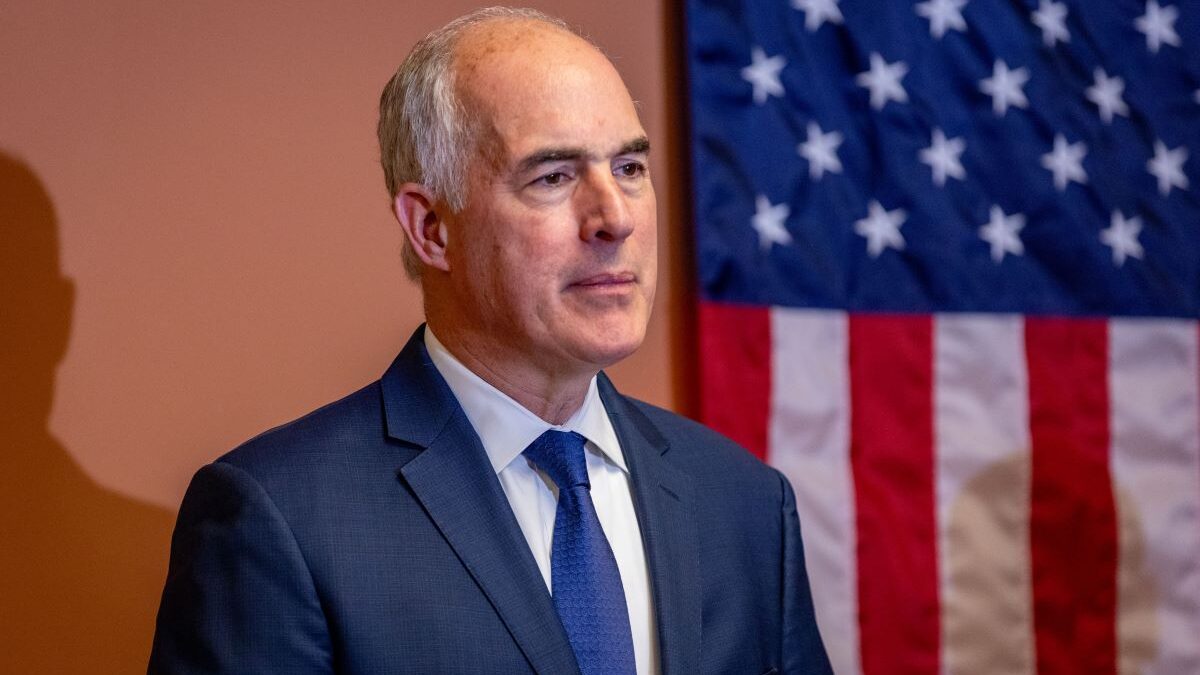
Former Smiths front man and international superstar solo artist Morrissey has found himself in progressives’ crosshairs again. This time, the controversial crooner has hit back in a new form. After being savaged as a racist xenophobe by the United Kingdom newspaper The Independent in what was supposed to be a concert review, Morrissey launched a new website with a brutal screed attacking both the outlet and British society in general.
This is not the first time Morrissey has been attacked by the politically correct brigade. Last year he came under fire for suggesting that acts of Islamic terror are often committed by Muslims and that the U.K. government has been far too lax in confronting the problem. This year the issue seems to be that he has said nice things about Brexit and had the temerity to waive a Union Jack flag that a fan brought to his concert in London.
Writing in The Independent, Shaun Curran said this about the flag-waving: “You don’t have to be a bleeding heart liberal to realize how this episode could be interpreted.” To be clear, we are talking about a British singer, in the British capital, waiving the British flag. If this is now some kind of offensive action, something has gone badly off the rails.
Morrissey identifies that thing in his essay: “This is symptomatic of a modern, shredded British society, where free speech no longer exists. When the print media are lost for a reply, they simply change the subject by naming their opponent as ‘racist’, which is the perfect ploy because most people are naturally appalled to be called racist, and they step back in silence, and the debate collapses unresolved. Use of the word often only ever comes from people who themselves are intolerant. It works. Even though England introduced the world to democracy, great art and great literature, it is now leading the way with a dark and largely hidden agenda where no one is entitled to disagree; only one interest and opinion must prevail within the print media.”
If this sounds familiar on our side of the pond, it should. The wailing and gnashing of teeth resulting from “mainstream” outlets hiring conservative voices is the same illiberal idiocy, a narrow view of acceptable speech that threatens our discourse. This week it claimed a scalp as a cowardly Atlantic magazine fired new conservative hire Kevin Williamson under pressure from the Left.
Now those who attack Morrissey, or the hiring of conservative writers, have a handy defense. Basically, they argue that free speech does not protect one from criticism, and that’s true. They also argue that nobody is actually stopping offensive speech, as Curran notes regarding Morrissey: “given his track record you do have to wonder what exactly it is he thinks he’s not permitted to say.” Perhaps, on the other hand, Williamson wasn’t so lucky.
Natural Selection vs. Categorical Imperative In Speech
The Left generally argues that part of free speech is exercising it to marginalize the incorrect speech of others. It is a kind of natural selection in which aggressively opposing certain viewpoints is used to banish those viewpoints from responsible mainstream discourse.
This, they argue, is not censorship, but rather the natural course of speech that follows the arc of history towards justice. Towards that goal, boycotts, economic pressure, and even shouting down offensive speakers are not censorious actions, but merely the use of speech to counter speech.
The Right generally takes an approach to free speech more similar to the philosopher Immanuel Kant’s concept of the categorical imperative. That is to say, if we are to marginalize speech or viewpoints, we must do so with maxims, or rules that apply universally and in all instances. For speech to fall outside the boundaries of acceptable discourse, it must violate a specific rule, not simply appear to retard the progress of social justice.
Both Concepts of Free Speech Are Flawed
Both of these approaches have fundamental flaws that each side fails to deal with, resulting in a debate over speech where arguments fly past each other instead of grappling with each other. We can see this dynamic at work in the controversy surrounding Morrissey.
The problem with the natural selection theory of free speech is that it has, and can have, no limiting principle. Almost anyone can be captured behind the line of unacceptable speech because he is not violating a specific rule, but is ostracized by the subjective judgment of other people exerting their power.
Hence, Morrissey’s flag-waving raises a red flag, not because of any idea or argument Morrissey stated, but because it can appear to be racist. It’s not actually a disagreement, but a label. Speech is racist, or sexist, and at that point, not only is it acceptable to refuse to deal with the speaker’s actual ideas, it is preferable, for fear of granting the ideas legitimacy. It is also acceptable to take action to ensure that others who may wish be exposed to those viewpoints have a harder time doing so.
But on the issue of free speech, conservatives have a mess in their own backyard, as well. That is because while most conservatives recognize some speech should be marginalized — we don’t need a sixth chair for a Klansman or Louis Farrakhan on the McLaughlin Group, for example — it’s not exactly clear where that line is. This is because, much like Kant, they want a categorical imperative — clear rules about what is acceptable — but they can’t quite find one.
Conservatives believe in lines of disapprobation that may exclude a viewpoint from the common marketplace of ideas. But why is the conservative line that captures fewer voices preferable to a progressive line that captures more? Many would argue that it is better to err on the side of more freedom, but that in and of itself is no real answer, because it doesn’t explain why the alt-right figures Milo Yiannopoulos and Richard Spencer got kicked out of CPAC while Marie Le Pen got a speaking slot. What could Morrissey do that would warrant treating his speech as little more than an act of hatred, and warning others to consider it such and avoid it?
Progressives Are Better Prepared
In the war over free speech, conservatives are fighting at a disadvantage. For more than three decades progressives have been creating and slowly implementing a program of speech suppression that, whether conservatives like or not, is intellectually coherent, if wrong-headed. Concepts like privilege and critical race theory act as buttresses, holding up structures that not only permit but insist upon silencing opinions.
During this time, conservatives have relied too heavily on the “free speech absolutist” approach, a term that itself has become for some a code for racism. What has been lacking is the positive argument for speech. Not the reflexive defense of speech, but the reasons free speech is a blessing and should not be trammeled. Key to establishing these arguments are to establish the maxims that render speech so objectionable as to be worthy of exile. Only then can we know that the rest of speech must be allowed.
Towards the end of his essay, Morrissey writes, “British mainstream media is now so politically correct that basic truth is actually impossible, and although it is obsessed with promoting social diversity they will not accept diverse opinion.” Many American conservatives have felt just this way of late. Part of the solution is to refuse to be silent. But perhaps more important is to establish a philosophy of free speech that establishes social boundaries while allowing for a broad and pluralistic public discourse.








